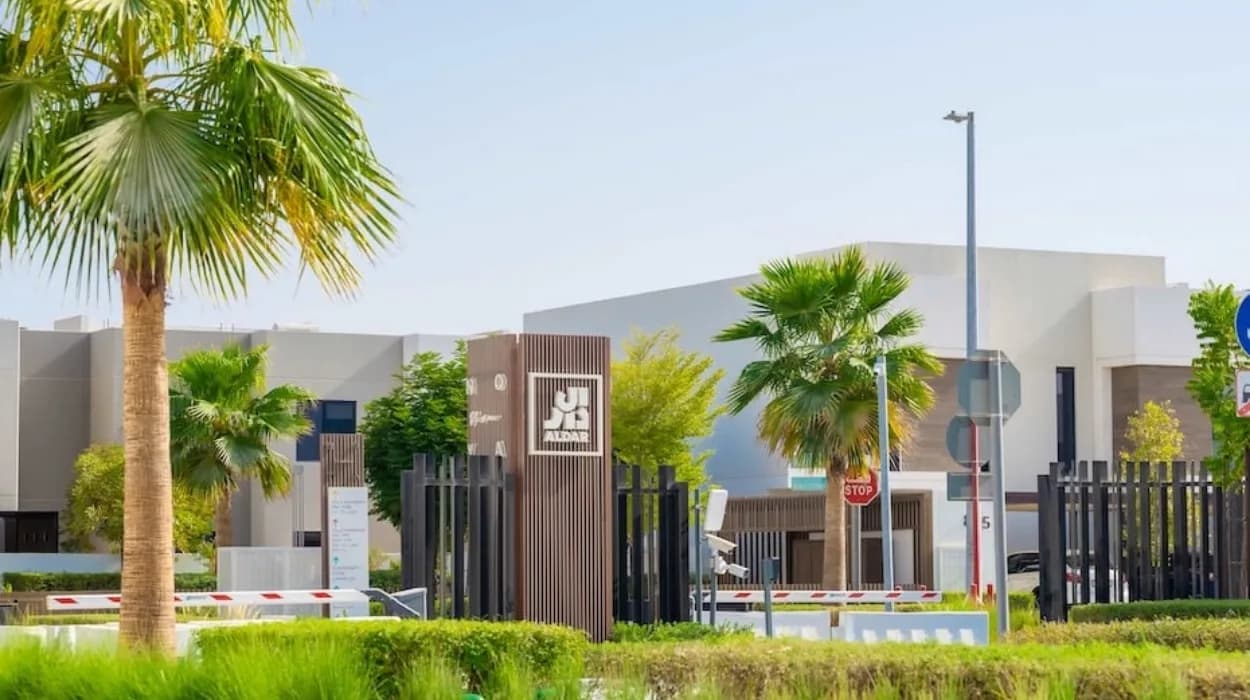Dubai Land Department and Masdar City have signed a landmark
memorandum allowing Masdar City free zone companies to own freehold property in
Dubai. While enabling new investment opportunities and strengthening Abu
Dhabi-Dubai economic ties, the move raises concerns over potential market
concentration and reduced competition in Dubai’s real estate sector.
Dubai Expands Property Ownership Rights to Masdar City
Firms
On 23 July 2025, the Dubai Land Department (DLD) and Masdar
City signed a memorandum of cooperation (MoC) that allows companies operating
within the Masdar City free zones to own property in Dubai under its freehold
ownership system, as reported by Majid Al Marri, CEO of Real Estate
Registration Sector at DLD, during the signing ceremony attended by Ahmed
Baghoum, CEO of Masdar City.
This development marks a significant policy shift,
previously restricting many free zone companies from holding land or properties
directly in Dubai. The new MoC creates a clear and comprehensive regulatory
framework that defines eligibility criteria and legal and administrative
procedures. It also implements a coordinated and streamlined process between
DLD and the free zone authority to facilitate property registration, application
tracking, and document verification digitally.
Ahmed Baghoum emphasised the initiative’s strategic
importance, stating, “This partnership reinforces Masdar City’s role as a
global hub for innovation and investment, enabling companies within Masdar
City’s free zones to expand seamlessly while contributing to the UAE’s
long-term growth”.
Strategic Partnership to Boost UAE Economic Integration
and Real Estate Investment
This agreement strengthens economic ties between Abu Dhabi's
Masdar City and Dubai, enabling Masdar City companies to own prime real estate
assets across Dubai’s key locations such as Business Bay and Downtown. This
policy move aligns with the objectives of Dubai’s Real Estate Strategy 2033 and
the Dubai Economic Agenda D33, which aim to expand the investor base, stimulate
market growth, and promote sustainable development.
The partnership is not only a regulatory update but also a
strategic milestone promoting Abu Dhabi-Dubai collaboration. It enables Masdar
City-related firms to diversify their asset portfolios with direct property
investments in Dubai, facilitating operational flexibility and long-term
capital growth. The ability to own freehold properties ensures these companies
can sell, lease, or mortgage assets freely, enhancing investment security.
Benefits and Implementation of the Framework
The MoC introduces technological and procedural innovations,
including a fully digitalised application process, document verification, and
request tracking system—designed to reduce bureaucracy, enhance transparency,
and accelerate registration.
Majid Al Marri described the step as “building a more open
investment environment that offers diverse ownership options,” further noting
that the initiative “diversifies the investor base and stimulates new
investment flows that contribute to market growth and sustainability”.
The memorandum also includes ongoing guidance and support to
Masdar City companies, helping them navigate legal and procedural requirements,
which encourages greater ownership and investment activity in Dubai’s real
estate market.
Potential Concerns Over Market Concentration and Monopoly
Risks
While the official statements celebrate the agreement as a
catalyst for economic growth and innovation, independent analysts and market
observers voice cautious concerns.
Critics highlight that enabling Masdar City firms—already
affiliated with significant government-backed initiatives—to own extensive real
estate in Dubai risks creating market consolidation and dominance. This
concentration could reduce competitive pressures, limit options for smaller
developers and investors, and might lead to inflated property markets.
Market watchdogs caution that greater regulatory oversight
will be necessary to prevent potential market distortions. Some property
economists warn that such consolidation among powerful free zone entities could
create oligopolistic dynamics, impacting pricing, availability, and equity in
Dubai’s real estate sector.
Background on Masdar City’s Role and Dubai’s Real Estate
Market
Masdar City, headquartered in Abu Dhabi and backed by
Mubadala Investment Company, is a leading hub for clean technology, smart
infrastructure, and sustainable development businesses. Its expansion into
Dubai’s freehold property market symbolizes a strategic integration of green
innovation with Dubai’s dynamic property ecosystem.
Dubai’s real estate market is a mix of diverse investors and
developers, supported by government policies encouraging foreign investment and
residency-linked property ownership. This new policy shift broadens property
ownership from individuals and companies headquartered in Dubai free zones to include
Masdar City free zone companies, fostering greater economic synergy within the
UAE.
Implications for Investors and Future Outlook
For local and international investors, this regulation
signals both opportunity and competition. It opens prime Dubai property markets
to a new class of corporate investors, potentially driving demand and
liquidity. However, smaller investors and startups may face higher barriers to
entry, given the growing influence of large Masdar City-affiliated entities.
Dubai Land Department’s commitment to digitising ownership
processes and encouraging sustainable investments could see an influx of green
real estate projects led by Masdar City firms, further enhancing Dubai’s global
position as a sustainable urban centre.
The memorandum between the Dubai Land Department and Masdar
City marks a transformative step in the UAE real estate landscape. It
facilitates unprecedented property ownership rights for Masdar City free zone
firms in Dubai, driving new investment possibilities and closer economic
integration between Abu Dhabi and Dubai.
However, this shift also invites critical scrutiny regarding
potential market concentration and fairness, highlighting the need for balanced
regulatory frameworks to preserve competitive market dynamics while fostering
sustainable growth.
The coming months will reveal the full impact of this policy
on Dubai’s real estate market structure, investor behaviour, and strategic
urban development plans.

